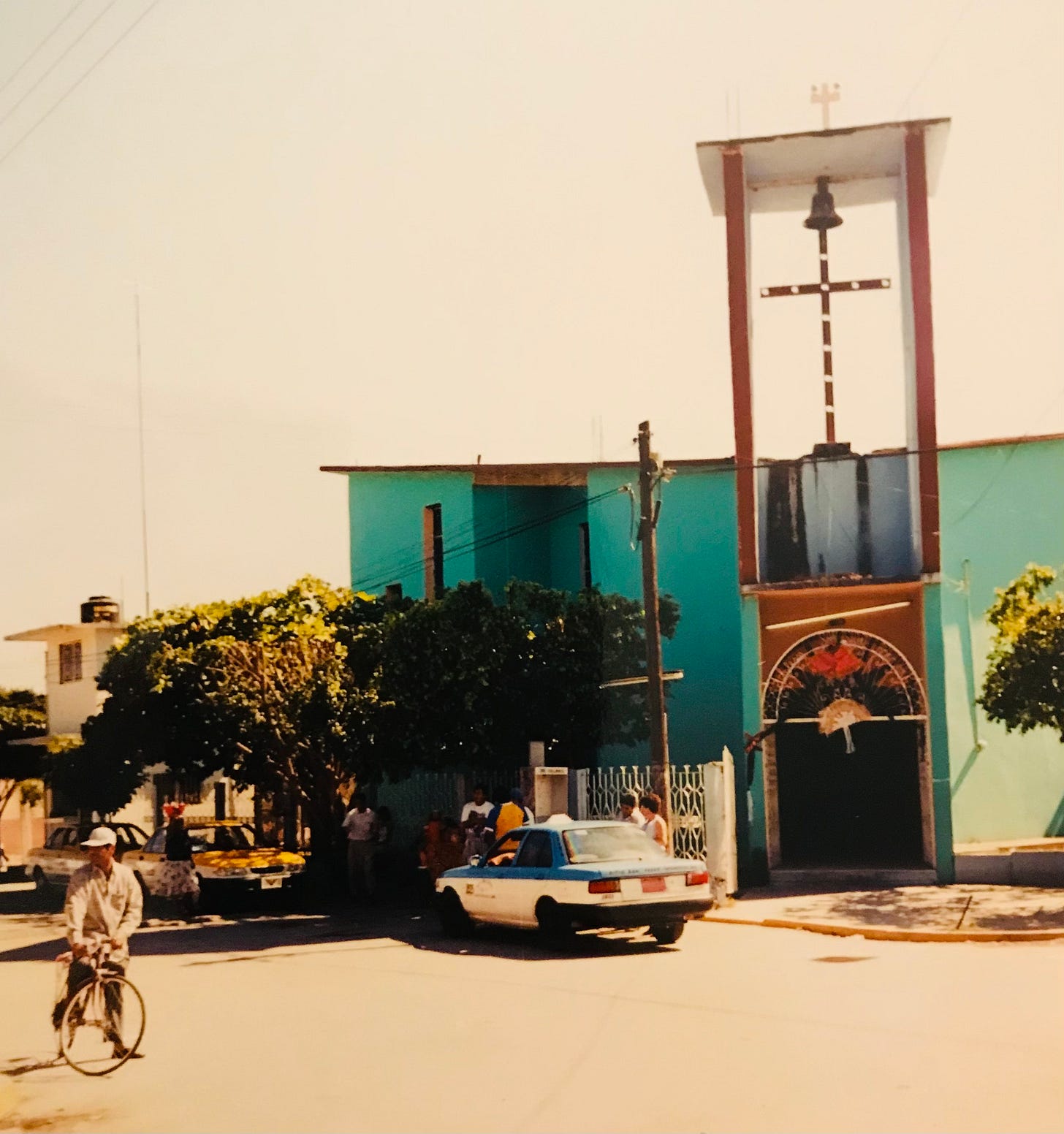The next day, we arrived early at the aunt's house in preparation for the removal of the casket to the cemetery and the burial ceremony there. The flowers had begun to wilt a bit in the heat, and ice water was constantly being brought in to keep them cool and wet. This was a lost cause. They were doomed to the same fate as the young man in the casket…
© 2025 Alexander Riley
Substack is the home for great culture




